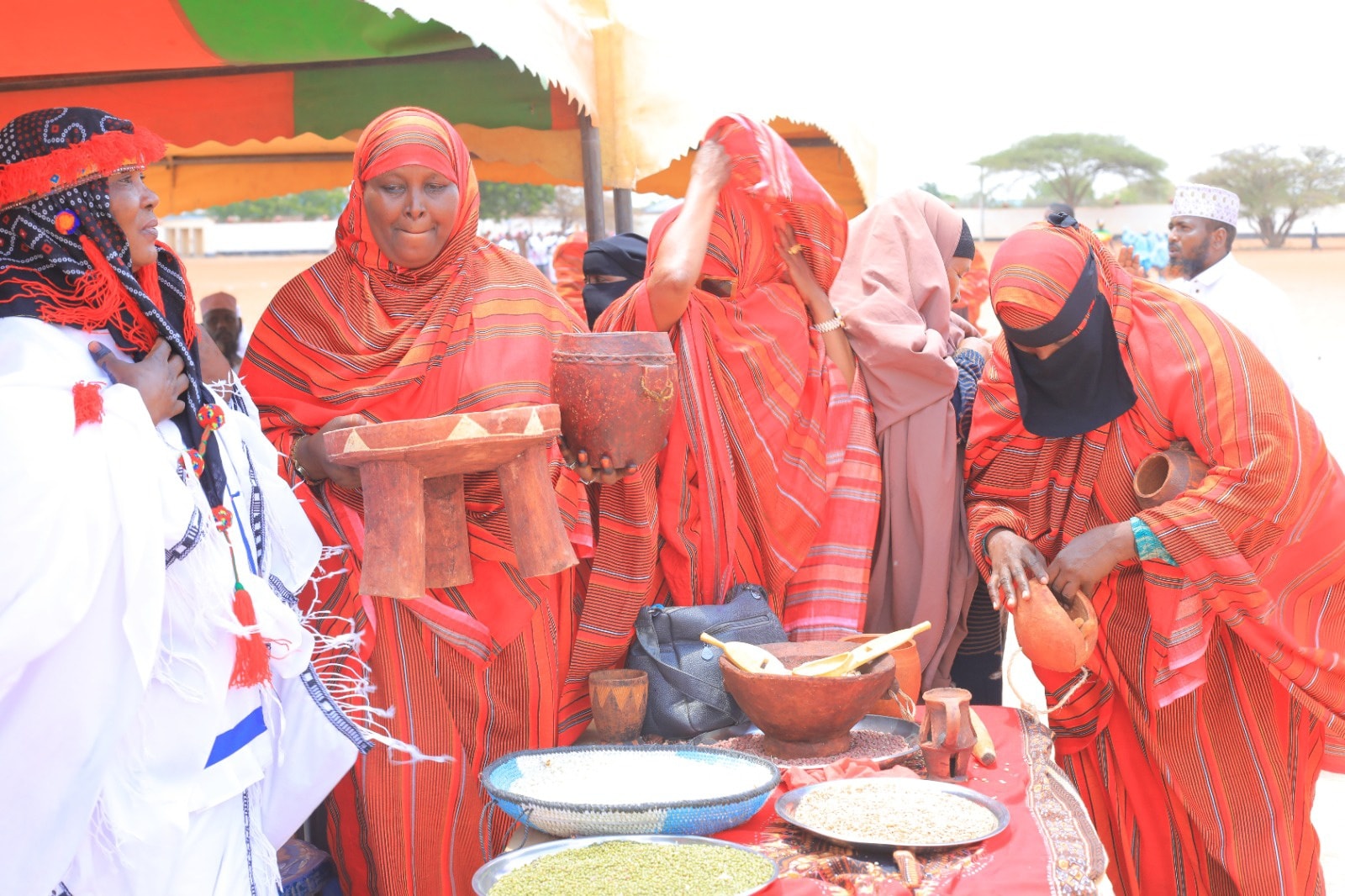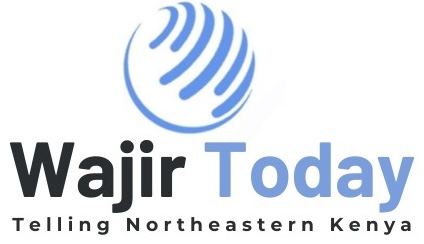
By Staff Writer | Wajir Today | Wednesday, 8 October 2025
Wajir’s indigenous ethnic minorities on Tuesday converged in Wajir town to demand fair representation and equitable resource sharing, marking a renewed call for inclusion in the county’s governance and development agenda.
Representatives from the Harti, Asharaf, Arabs, Leysan, Shikhaal, Barawa, and several other minority communities attended the meeting, which sought to draw attention to the long-standing marginalisation of communities in Wajir.
The event was graced by Mr. Moses Ole Kachike, the Deputy Director for Advisory and Community Liaison in the Office of the President’s Minorities and Marginalised Unit.
The platform provided minority representatives with a rare opportunity to articulate their grievances and highlight the socio-economic challenges they face, including exclusion from employment, limited access to education, and minimal political representation.
The Asharaf community, estimated to have around 9,000 members, lamented their continued lack of recognition in official government data.
“The Asharaf community have not been recognised and given a code in the national census data, and we are usually lumped with other communities as ‘others,’” said the Asharaf representative.
Traditionally considered a family of noble men and women, the Asharaf community expressed frustration over persistent discrimination that has denied them access to employment opportunities and essential government services.
“We are not considered for employment and other economic opportunities both in national and county government. In most cases, we are left out of the recruitment exercises for the various advertised positions,” added the Asharaf representative.
They decried ethnic imbalance in resource allocation, noting that their community rarely benefits from scholarships, bursaries, contracts, and other empowerment schemes designed to support local development.
“The Asharaf Community should be considered for political representation at both national and county levels. The Asharaf Community should be given equal opportunities for job recruitment, scholarships, bursaries, and other economic opportunities,” they appealed.
The Barawa community, known for their rich cultural heritage and economic contribution, also shared their concerns over systemic exclusion and unequal access to county resources.
“Despite their strong cultural identity and entrepreneurial spirit, the Barawa community faces several challenges such as unemployment, limited access to education, and economic constraints,” said Mohamed Noor, a representative of the community.
He noted that while the Barawa have historically played a significant role in Wajir’s trade and social fabric, their potential continues to be undermined by inadequate representation and limited inclusion in county decision-making.
Similarly, the Arab community, one of Wajir’s oldest indigenous ethnic groups, voiced strong concerns about persistent marginalisation despite their deep historical and cultural roots in the region.
“Despite their deep roots and contributions, the Arab community continues to face significant challenges that reflect broader inequalities in Kenya’s social and political systems,” said Badar Ahmed, a representative of the Arab community in Wajir.
The Arabs said they have been largely sidelined in political appointments and employment opportunities, a situation they attribute to entrenched clan politics and structural exclusion.
“Access to public employment and leadership positions is still limited. Nepotism, clan-based politics, and structural exclusion have made it difficult for qualified Arab youth to secure positions,” added Ahmed.
The community called for equitable political representation, enhanced economic empowerment, and greater access to business credit and procurement opportunities for Arab entrepreneurs and youth.
“When we ensure that every community, large or small, has a seat at the table, we affirm the spirit of our Constitution and the teachings of our faith that all people are equal in dignity and in rights,” asserted Ahmed.
Across the different presentations, speakers underscored a shared concern that indigenous minority communities in Wajir have for years faced systematic marginalisation that limits their participation in political, social, and economic life.
They emphasised that addressing these disparities requires deliberate policy interventions, fair distribution of resources, and recognition of minority rights as enshrined in Kenya’s Constitution.
The meeting concluded with a unified call for equality, representation, and justice, signalling a growing determination among Wajir’s minority groups to reclaim their rightful space in the county’s leadership and development agenda.
Tuesday’s gathering marked more than a forum for grievances, it was a declaration of visibility and an affirmation that Wajir’s progress must include all its people, regardless of their numbers or lineage.


1 Comment. Leave new
Thank you for covering the Minorities event
You are very hardworking